Confused About Which AC Unit to Buy? This Comprehensive Guide Has All the Answers You Need!
What are the Different Types of Home AC Units and How to Choose the Right One? 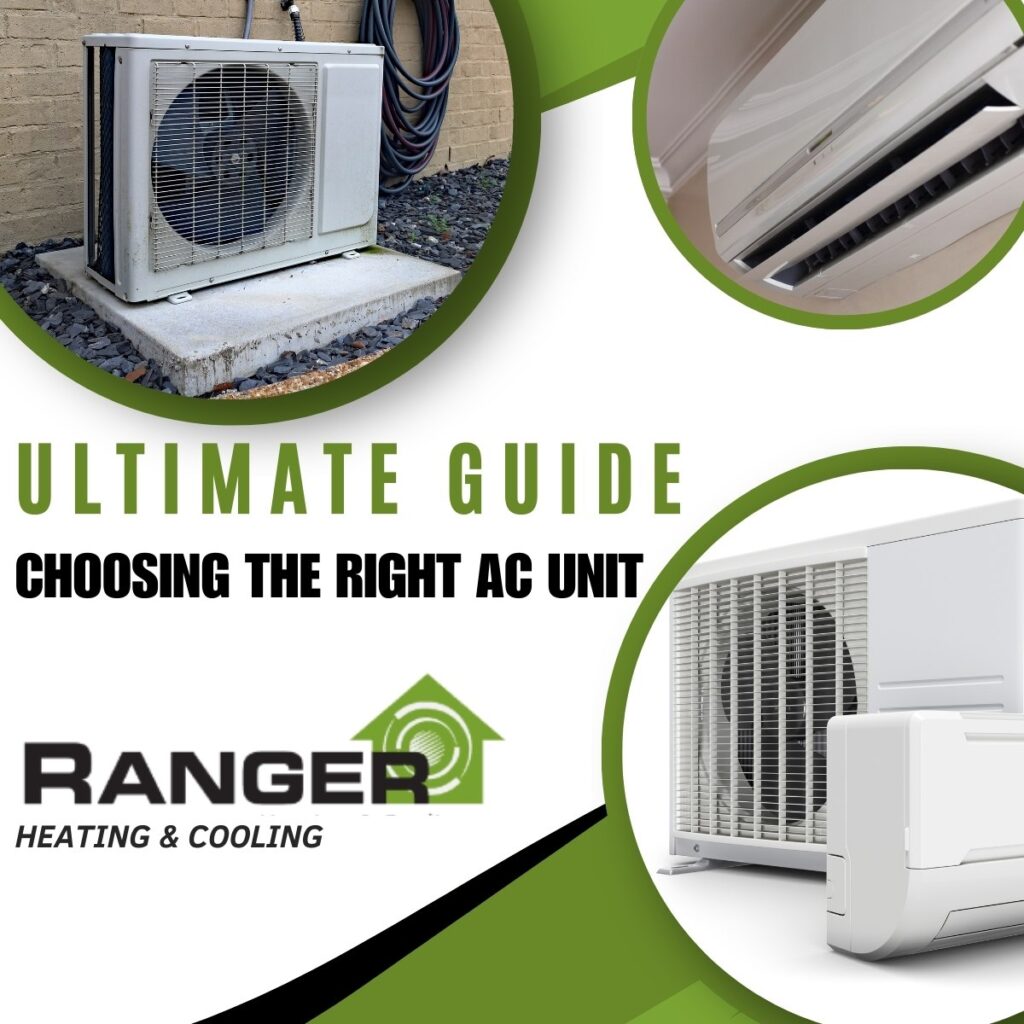
Choosing the right home AC unit involves understanding the various options available and comparing them by factors like energy efficiency, cooling capacity, noise levels, smart features, and maintenance requirements, so you can select the AC unit that best fits your needs and budget. First, we look at the 4 types of air conditioning systems, then we’ll cover each
The 4 types of air conditioning systems
Central Air Conditioning (Ducts)
Central air conditioning systems provide whole-house cooling and add property value, making them ideal for homeowners willing to invest in a long-term solution.
Ductless Mini-Split Systems
Ductless mini-split systems offer flexible installation and zoned cooling, perfect for homes without existing ductwork.
Window AC Units
Window air conditioners are cost-effective and easy to install, suitable for cooling individual rooms, making them a great option for renters.
Portable Air Conditioners
Portable air conditioners provide flexible, temporary cooling solutions and are easily movable.
What Are We Factoring in for This Home AC Unit Guide?
Choosing the right air conditioning unit is crucial for ensuring comfort, energy efficiency, and long-term cost savings. There are 4 distinct areas that can help guide you towards the right AC unit. The purpose of this page is to help you through the decision-making process, offering professional recommendations tailored to your specific needs. We will consider the following topics to help you decide on your perfect AC unit:
- Cost Considerations
- Homeowners vs. Renters
- Key Factors to Look For
- Climate Considerations
By providing detailed information and expert insights, we aim to help you make an informed decision about the best air conditioning unit for your situation.
1. Cost Considerations when Choosing A Type of Home AC Unit (Short term and long term)
When selecting an AC unit, it’s essential to consider both the initial purchase price and the long-term operating costs. Here’s a breakdown of typical costs associated with different types of AC units:
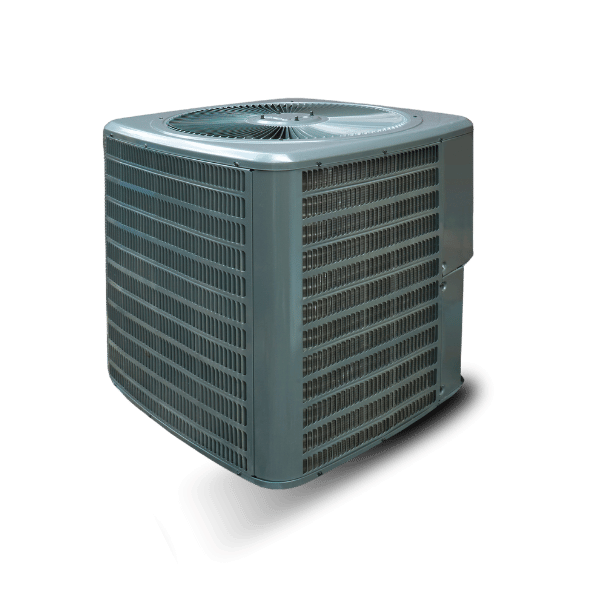 Central Air Conditioning System
Central Air Conditioning System
According to Forbes, the average cost of a central AC unit is $5,900, with most homeowners spending between $3,600 and $8,200 for professional installation. If your home lacks pre-existing ductwork, the installation costs will be higher. For more details, you can read the full Forbes article breaking down central air conditioning costs here.
- Upfront Cost: $3,600 – $10,000+ due to installation and ductwork.
- Long-term Cost: Generally more efficient and can lower energy bills over time, providing long-term savings on utility costs. Installing central AC also adds equity to your home over time.
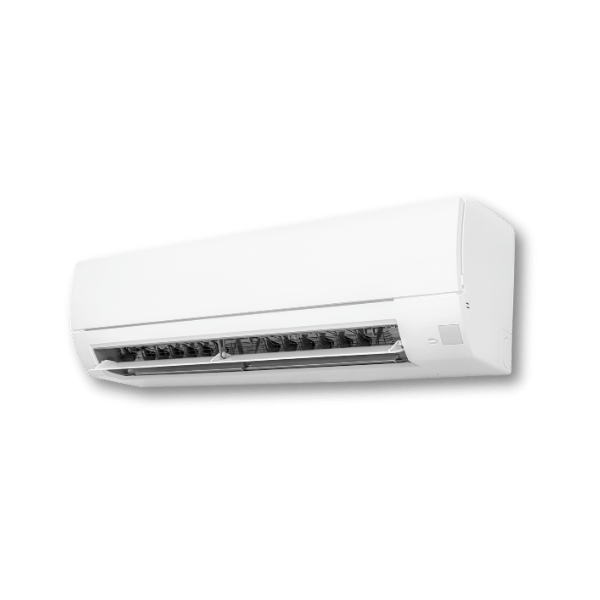
Ductless Mini-Split Systems
According to Forbes, the cost of installing a mini-split AC system averages around $4,500, with prices ranging from $1,200 to $16,400 depending on the system’s size, efficiency, and brand. Mini-split AC systems offer a balanced solution between central air and window units, delivering zoned cooling without the complexity of ductwork installation. For more details, you can read the full Forbes article breaking down mini-split systems and cost here.
- Upfront Cost: $1,200 – $16,400+, depending on the number of indoor units.
- Long-term Cost: Highly efficient, with potential for significant energy savings. Minisplits also double as heating and cooling units and are easy to maintain, saving on future heating unit installation costs.
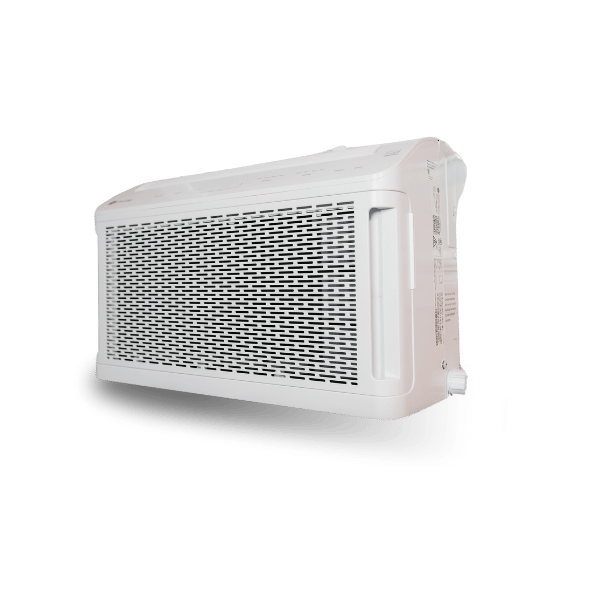
Window Air Conditioners
According to Modernize, window AC units typically start at around $150 and can exceed $800 for high-end models. Budget options are available for basic models with lower BTU (British Thermal Units) ratings, but costs increase with higher BTU ratings and energy efficiency. For more details, you can read the full Modernize article here.
- Upfront Cost: $150 – $800, making them a low-cost initial investment.
- Long-term Cost: Higher operating costs due to lower efficiency, which can increase energy bills over time. You do have to maintain these units, changing and cleaning the filter in regular intervals.
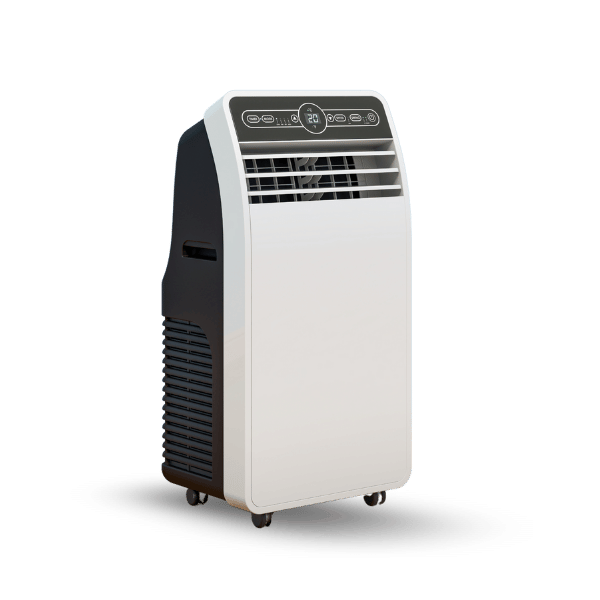
Portable Air Conditioners
Portable air conditioners offer a convenient and flexible cooling solution with an initial cost ranging from $200 to $800. While they come with the advantage of zero installation costs and the ability to move them between rooms, they do tend to have higher operating costs and lower efficiency, which can lead to increased energy expenses over time.
- Upfront Cost: $200 – $800, offering a low to moderate initial cost.
- Long-term Cost: Higher operating costs and lower efficiency, leading to increased energy expenses in the long run.
- Bonus: There are relatively $0 installation costs, and being portable, you can move from room to room as you please.
2. Choosing the Right AC Unit Can Depend on Whether You’re A Home Owner or Renter
When selecting an AC unit, it’s important to consider whether you are a homeowner or a renter, as this can influence your choice. Homeowners often benefit from investing in systems that offer long-term value and whole-house cooling, such as central air conditioning systems and ductless mini-split systems. Central air conditioning systems provide comprehensive cooling and enhance property value, while ductless mini-splits offer flexibility and zoned cooling, making them ideal for homes without existing ductwork. Understanding these distinctions can help you make a more informed decision tailored to your specific living situation.
Homeowners
Central Air Conditioning Systems
Central air conditioning systems are ideal for homeowners planning to invest in their property for the long term. These systems provide consistent and efficient cooling throughout the entire home, ensuring comfort in every room. Additionally, installing a central air system can significantly increase your home’s market value and appeal to potential buyers. Modern central air systems come with advanced features such as programmable thermostats, energy-saving modes, and smart home compatibility. Although the initial investment is higher, these systems are often more energy-efficient over time, leading to lower utility bills. With the main components located outside, central air systems also offer quieter operation compared to window or portable units.
Ductless Mini-Split Systems
Ductless mini-split systems are perfect for homes without existing ductwork or those with limited space for duct installation. These systems offer flexible installation options, allowing placement on walls or ceilings and providing individual temperature control in different rooms, optimizing both comfort and energy usage. With high SEER ratings, ductless systems are highly energy-efficient, often resulting in significant energy savings. They also improve indoor air quality through advanced filtration systems that reduce dust, allergens, and other pollutants. Designed for quiet operation, ductless mini-splits are suitable for bedrooms, living rooms, and other quiet spaces, and they are generally easier to maintain and repair compared to central systems, with simple filter replacements and fewer components to service.
Renters
Window Air Conditioners
Window air conditioners are an excellent choice for renters due to their ease of installation and removal. These units are cost-effective, making them a practical option for cooling individual rooms without a significant upfront investment. Since they can be easily installed in most windows, they are convenient for renters who may need to move them from one apartment to another. Despite their simplicity, window air conditioners provide effective cooling for small to medium-sized spaces. They are also relatively energy-efficient, particularly newer models with advanced features like programmable timers and energy-saving modes. This makes them a practical and economical solution for renters looking to maintain comfort during warm months.
Portable Air Conditioners
Portable air conditioners are ideal for renters who need a temporary cooling solution without the need for permanent installation. These units can be moved from room to room, providing flexibility in cooling different areas of a rental property. This mobility makes them particularly useful for renters who may not have permission to install permanent fixtures. Portable air conditioners are straightforward to set up, typically requiring only a nearby window for the exhaust hose. They offer a convenient and adaptable option for renters, with models available that include features such as dehumidification and multiple cooling modes. While they may not be as energy-efficient as other types of air conditioners, their versatility and ease of use make them a popular choice for renters.
3. Below Are 5 Key Factors to Look For When Deciding On A Home AC Upgrade
When choosing an AC unit, several key factors are crucial to consider alongside typical cost ranges. Ranger Heating and Cooling is here to help answer these questions for you. We always match home needs with the proper unit, taking the following into consideration:
Energy Efficiency
Opt for units with high SEER ratings (14-30) to minimize energy consumption and reduce utility costs. Central air conditioning systems, and ductless mini-split systems offer efficient options that can provide substantial long-term savings on energy bills.
Cooling Capacity
Ensure the AC unit’s BTU (British Thermal Unit) rating matches the size of your space for effective cooling performance. Window air conditioners typically range from 5,000 to 15,000 BTUs, while portable air conditioners range from 8,000 to 14,000 BTUs, providing flexibility for various room sizes and cooling needs.
Noise Levels
Consider the unit’s noise output, especially for bedrooms and living areas where quiet operation is essential for comfort. Choosing quieter models, such as those available in both window and portable options, can enhance your living environment while maintaining cooling efficiency.
Smart Features
Look for modern AC units equipped with programmable thermostats, Wi-Fi connectivity, and remote control options. These features not only improve convenience but also contribute to energy savings by allowing precise control over cooling schedules and settings.
Maintenance Requirements
Evaluate the ease of maintenance and availability of replacement parts to ensure your AC unit remains efficient and operational over its lifespan. Annual maintenance costs typically range from $50 to $300, depending on the type of unit and any required servicing. Understanding these factors alongside cost considerations will empower you to make an informed decision when selecting the right AC unit for your home or rental property. Give us call or request and estimate.
4. Climate Considerations for the Puget Sound Region
Living in the Puget Sound area means dealing with a marine climate characterized by warm summers and mild, wet winters. When choosing an AC unit for this region, keep in mind:
- Humidity Control: Opt for units with dehumidification features to manage the higher humidity levels, ensuring comfort and preventing mold and mildew growth.
- Durability: Ensure the unit can withstand the coastal conditions, including salt air and potential corrosion, to maintain its performance and longevity.
- Efficiency: Energy-efficient units are particularly beneficial during the summer months when cooling demands are higher, helping to reduce energy bills.
- Dual Heating and Cooling Solutions: Consider systems like ductless mini-split units that double as heating solutions. These can be particularly beneficial for offsetting AC costs, as they provide both cooling in the summer and heating in the winter. This is ideal for the Puget Sound’s mild winters, offering year-round comfort and cost savings.
By considering these factors and leveraging our professional recommendations, you can confidently choose the right air conditioning unit for your needs. At Ranger Heating and Cooling, we are here to assist you every step of the way, ensuring you stay comfortable and cool all summer long. Contact us today to schedule a consultation and learn more about our AC services in Tacoma, WA.
